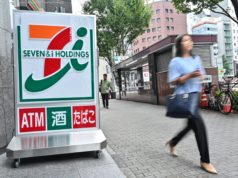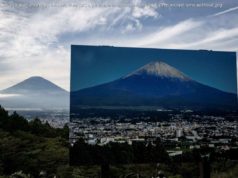Array
The leaders of South Korea and Japan took steps Thursday to boost frayed diplomatic and economic relations, but their high-profile Tokyo summit was held under a pair of shadows: the latest North Korean ballistic missile test and a new lawsuit in South Korea that could scupper hopes of resetting bilateral relations.
With strong encouragement from the Biden administration, South Korean President Yoon Suk Yeol embarked upon a two-day state visit for talks with Japanese Prime Minister Fumio Kishida — the first by a Korean leader in 12 years, hoping to repair ties that deteriorated badly between the two U.S. allies under his predecessor, Moon Jae-in, who left office in 2022.
The summit produced some immediate progress: The two leaders agreed to resume regular leader visits and announced progress on settling a nasty trade dispute as they seek to overcome more than a century of antagonism and distrust.
“Korea and Japan share the same universal values of freedom, human rights and the rule of law, seeking common interests in security, the economy and the global agenda,” Mr. Yoon said at his meeting with Mr. Kishida, according to a message sent by his staff to foreign reporters. “The meeting … is the first step in overcoming the unfortunate history between the two countries and opening a new era of cooperation.”
The two leaders agreed to restore trade ties that were downgraded after a 2018 legal brouhaha over Japan’s use of wartime forced labor during its occupation of South Korea, and to upgrade supply chain linkages via an “economic security dialogue.”
Japan is a key supplier of chemicals, machinery and components to South Korea’s semiconductor industry — the largest supplier of memory chips, globally. Since the Trump administration chose chips as a key weapon in its trade and tech offensive against China, they have become one of the world’s most strategic industrial components.
The two leaders also agreed to “completely normalize” a bilateral intelligence-sharing agreement, a key concern of Washington. The accord, which was suspended during the 2018 freeze in relations, is seen as critical for swiftly coordinating responses to North Korean provocations.






